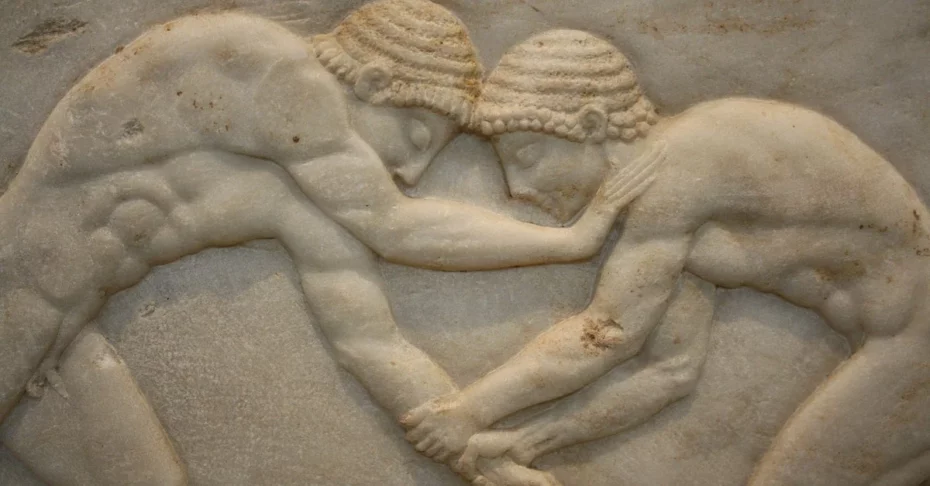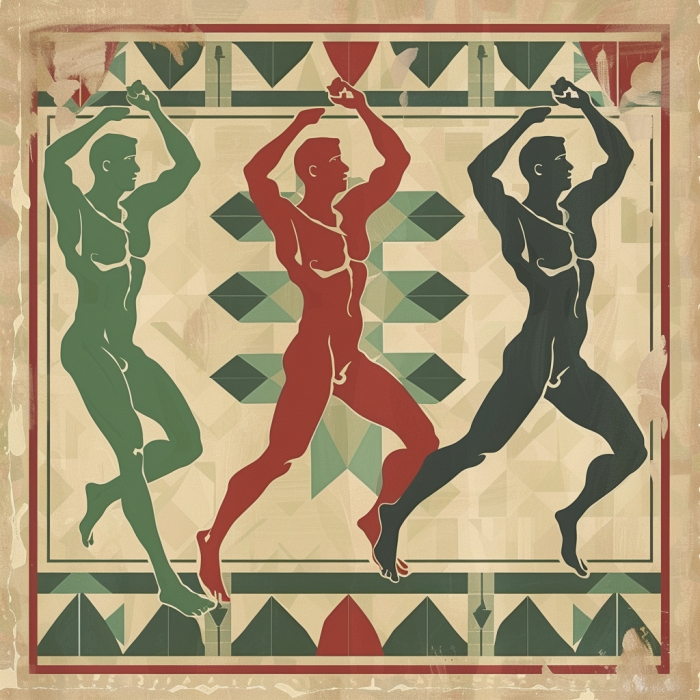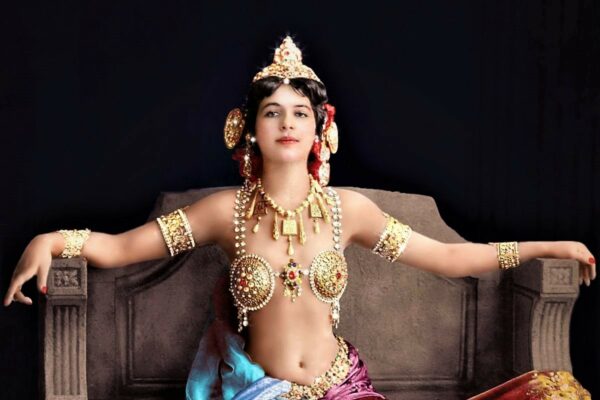
The original Olympic games got cancelled for 1500 years because … well … everyone was naked. The Ancient Greek Olympic Games, held from 776 BC to 393 AD, so that’s nearly 10 times longer than the modern Olympics have been running (since 1896), were celebrated almost entirely in the nude. While today’s spectators are used to waving flags and wearing team colors, the ancient Olympic crowd had a more… unfiltered view of the action. In their infinite wisdom, the Ancient Greeks decided that clothes were more of a hindrance than a help when it came to sporting prowess, so athletes competed in their birthday suits. But then Roman Emperor Theodosius I came along and ruined all the fun in 393 AD, banning the games as a blasphemous pagan festival in order to promote Christianity. Not exactly a good sport.

Fun fact: The word “gymnasium” itself comes from the Greek word “gymnos,” meaning naked. The Greeks believed that the human body was the ultimate creation, worthy of admiration and celebration. The gymnasium was a place for both physical and intellectual training, where athletes would oil up, strip down, and get ready to sweat. Picture your local gym, but without the Lycra and with a lot more olive oil.
From running and wrestling to the pankration (a brutal mix of boxing and wrestling) the ancient events, held in honor of Zeus every four years at the sacred site of Olympia in the western Peloponnese, were as intense as they were unclothed. The lack of clothing added an extra layer of challenge, not to mention a certain amount of spectacle. The stands would be filled with men (and only men, as women were strictly banned from attending), who cheered on their favorite naked athletes with gusto. It was a celebration of the human form in all its glory, with no room for modesty or self-consciousness. The athletes were heroes, not just for their skills, but for their boldness and bravery in competing as nature intended. Competing naked was a tribute to the gods, a display of physical perfection, and, quite practically, a way to avoid the encumbrances of clothing. After all, who needs a tunic flapping in the wind when you’re trying to hurl a discus?
The naked Olympics were a defining feature of ancient Greek culture, but like all good things, they came to an end. As the Romans took over and Christianity spread, the focus shifted towards modesty and decorum. By the time the modern Olympics were revived in 1896, athletes were firmly back in their shorts, singlets, and a variety of other less daring outfits.
But the next time you’re at the gym feeling self-conscious, just think of those ancient Greeks.
Learn more about the Ancient Olympic games in this video:
















